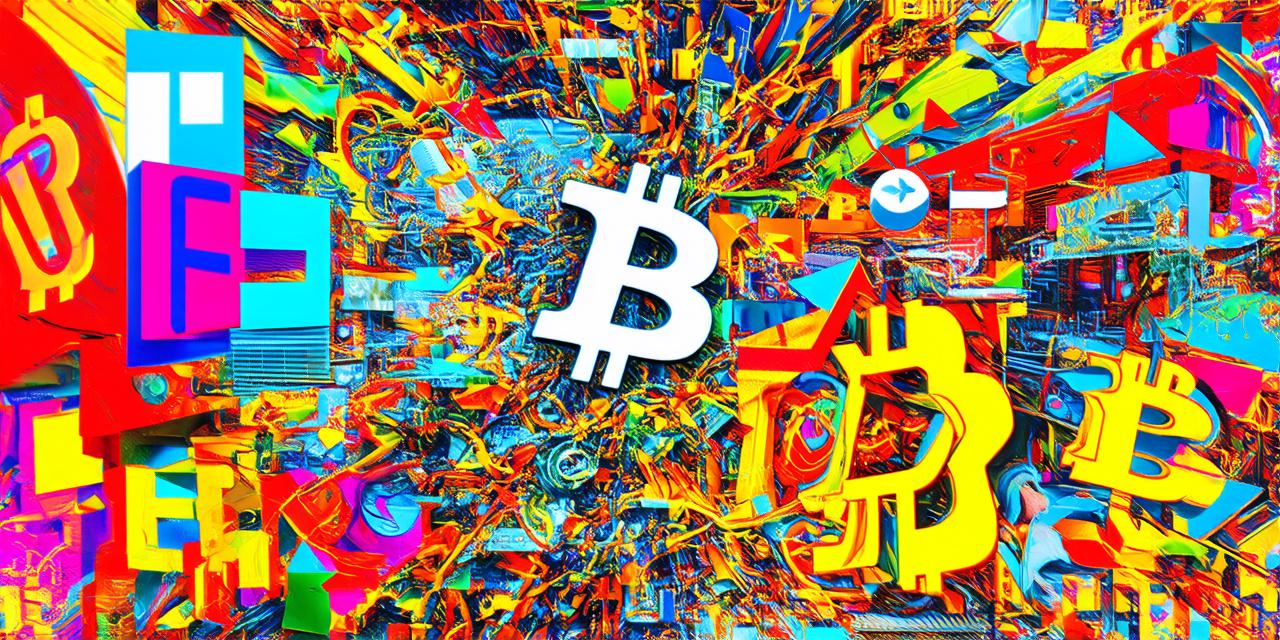Is NFT still relevant? This is a question that has been asked by many people since the introduction of non-fungible tokens (NFTs) in 2017. In this article, we will explore whether NFTs are still relevant and what they can offer to individuals and businesses alike.
What are NFTs?
Before we dive into whether NFTs are still relevant, it is important to understand what they are. NFTs are digital assets that are unique and cannot be replaced with another asset of equal value. They are typically stored on a blockchain network and can represent anything from art and music to collectibles and even real estate.
Why were NFTs introduced?
NFTs were introduced to address the limitations of traditional cryptocurrencies, which are fungible and cannot be differentiated from one another. By creating unique digital assets that could not be replaced with another asset of equal value, NFTs opened up a new world of possibilities for artists, musicians, collectors, and businesses alike.
Are NFTs still relevant?
While the popularity of NFTs may have waned since their introduction, they are still very much relevant in today’s digital age. In fact, there has been a resurgence of interest in NFTs in recent years, particularly in the art world. Many artists and collectors have turned to NFTs as a way to monetize their work and create unique ownership experiences for their fans.
In addition, NFTs are being used by businesses to create exclusive experiences for their customers. For example, a luxury brand may create an NFT that represents a one-of-a-kind product or experience, which can only be accessed by the owner of the NFT. This creates a sense of exclusivity and ownership that traditional products cannot offer.
Another area where NFTs are gaining traction is in the gaming industry. NFTs can represent in-game items, such as weapons and clothing, which can be bought, sold, and traded by players. This adds a new level of excitement and value to the gameplay experience.

Summary
In conclusion, while the popularity of NFTs may have ebbed and flowed over the years, they are still very much relevant in today’s digital age. NFTs offer a unique way for artists, musicians, collectors, and businesses to create exclusive ownership experiences and monetize their work in new and innovative ways. As technology continues to evolve, it is likely that NFTs will continue to play an important role in the future of digital assets.
